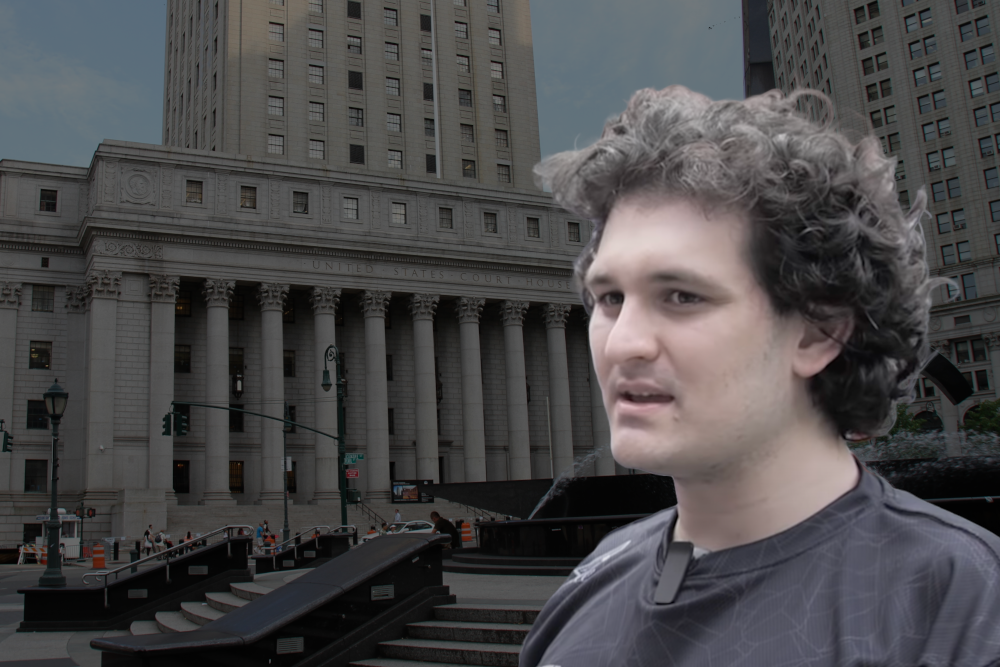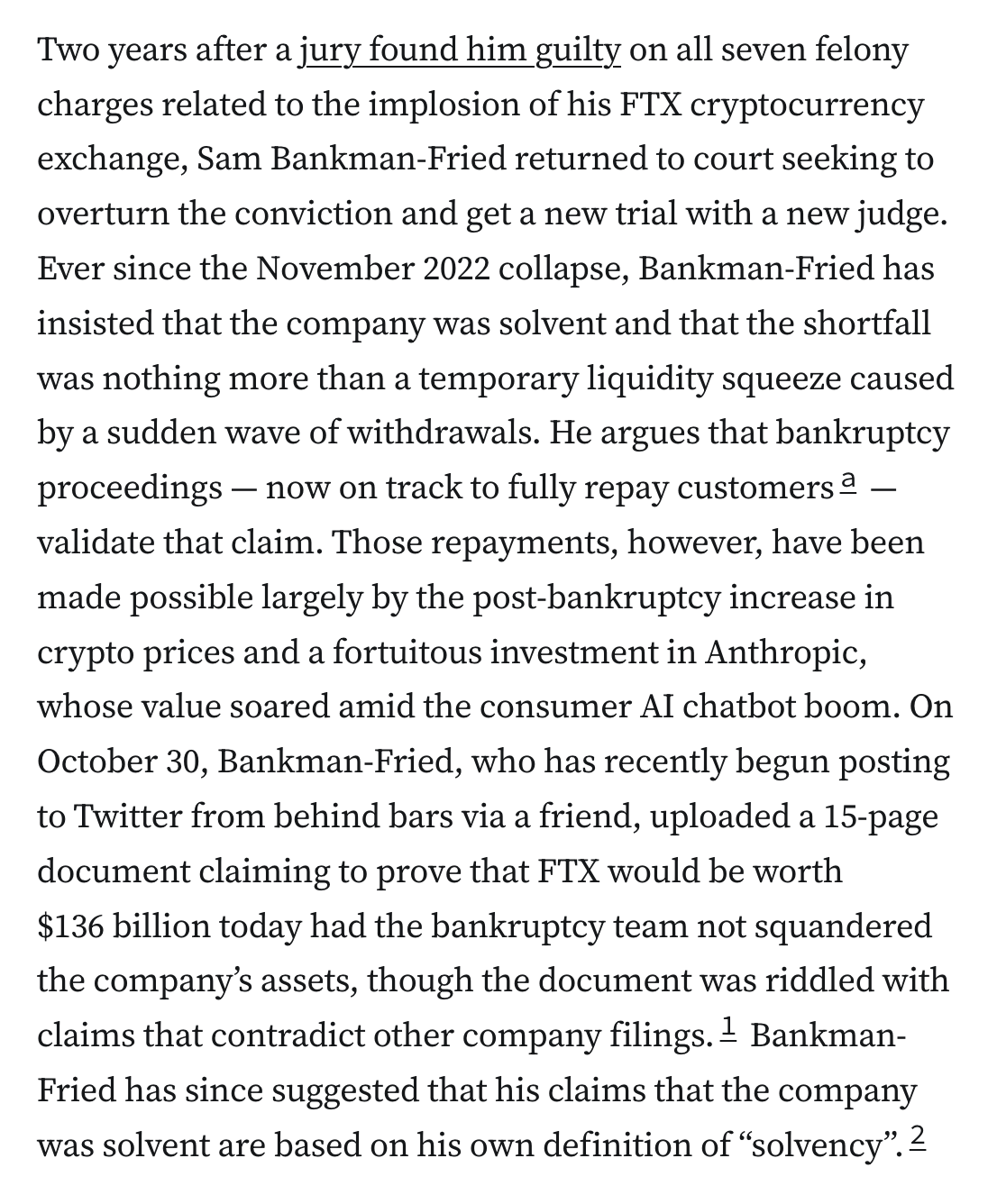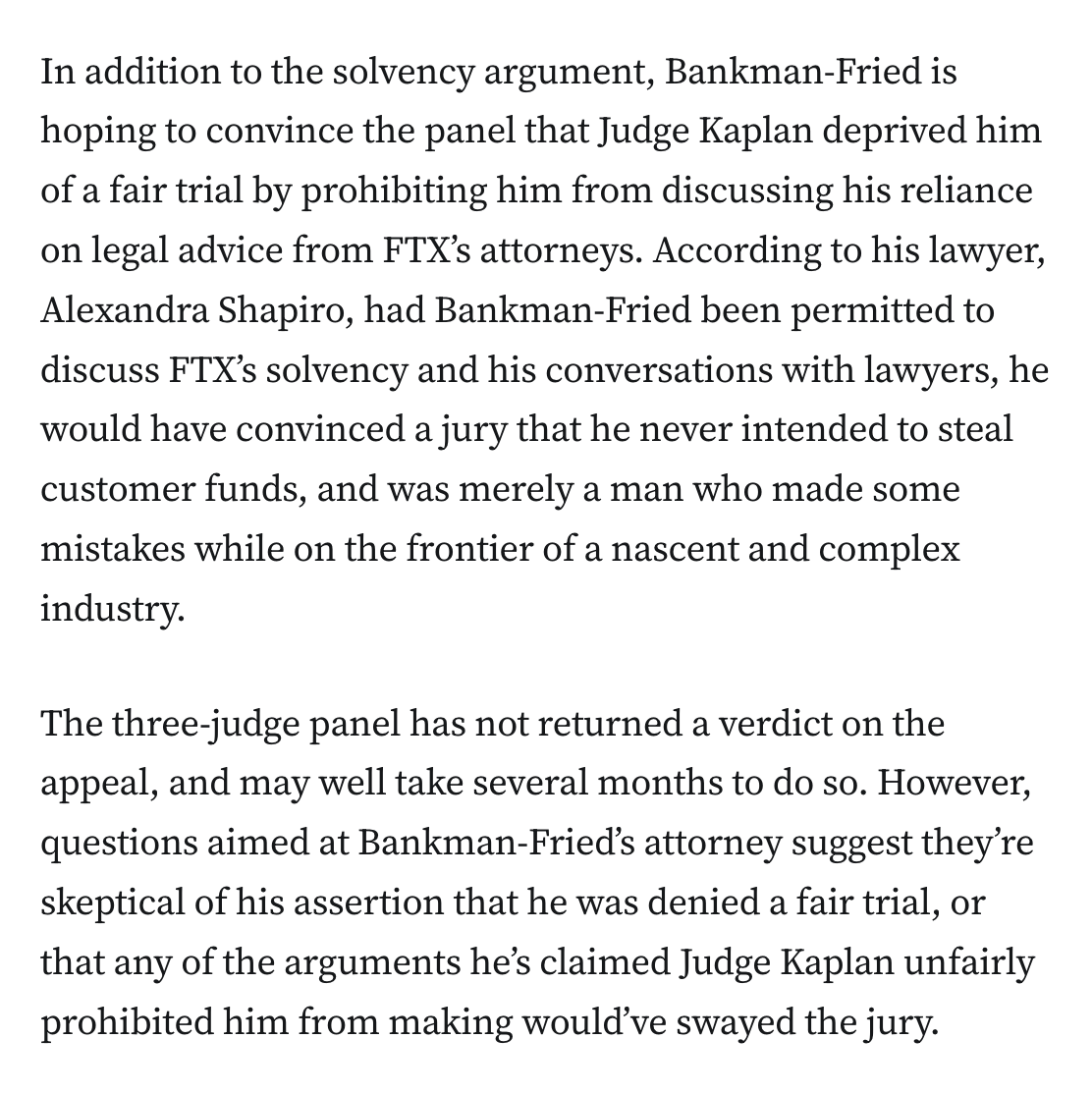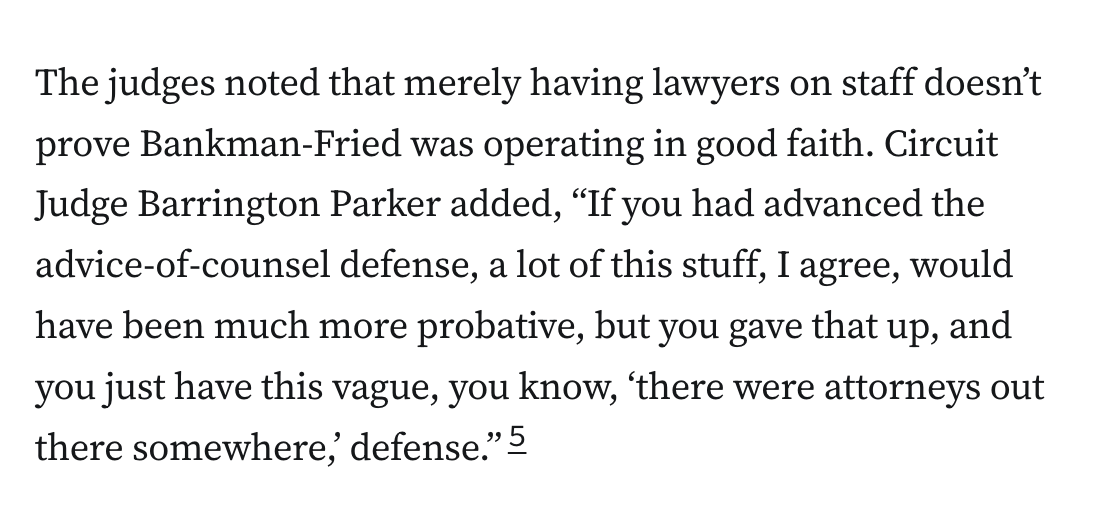Newsletter: Sam Bankman-Fried makes his case for a retrial and aspiring crypto banks hit roadblocks
Lawyers for Sam Bankman-Fried and for the US government appeared in court to argue whether Bankman-Fried’s conviction should be overturned. SBF argued that he was improperly prohibited from presenting arguments around FTX’s solvency and the advice of his lawyers.
It may be several months before the judges come to a decision, but they seemed skeptical of Bankman-Fried’s arguments during questioning. “[Y]ou just have this vague, you know, ‘there were attorneys out there somewhere,’ defense,” said one of the judges.
4 media



![Addressing the solvency claims, the judges reminded Bankman-Fried’s defense team that a crime is not absolved simply because victims are ultimately made whole. A government prosecutor argued that the evidence against Bankman-Fried was conclusive, and that several of his fellow executives testified that he knowingly misappropriated customer funds to use on investments or political expenditures. And a recent Supreme Court case closed off one of Bankman-Fried’s avenues of argument around intent, with an opinion in Kousisis v. United States earlier this year ruling that a person who fraudulently induces a victim into a transaction can still be convicted of fraud even if they didn’t intend to cause the victim to lose money.34
On the topic of legal advice, the judges questioned why Bankman-Fried opted not to bring an advice-of-counsel defense during the trial if they wished to claim Bankman-Fried was operating in good faith but led astray by bad legal advice. As I wrote shortly before the trial, there was likely a reason he didn’t opt to formally advance this defense:
[T]hey've stopped short of bringing a formal advice-of-counsel defense, which would require them to show that Bankman-Fried gave his lawyers a full understanding of what he intended to do, then dutifully followed their advice in doing it. This is typically a tricky defense to pull off, and his team may have decided against pursuing it due to concerns that those lawyers could respond by sharing documents that further](https://media.hachyderm.io/media_attachments/files/115/510/050/223/383/875/original/7045dfc2dd43b937.png)
